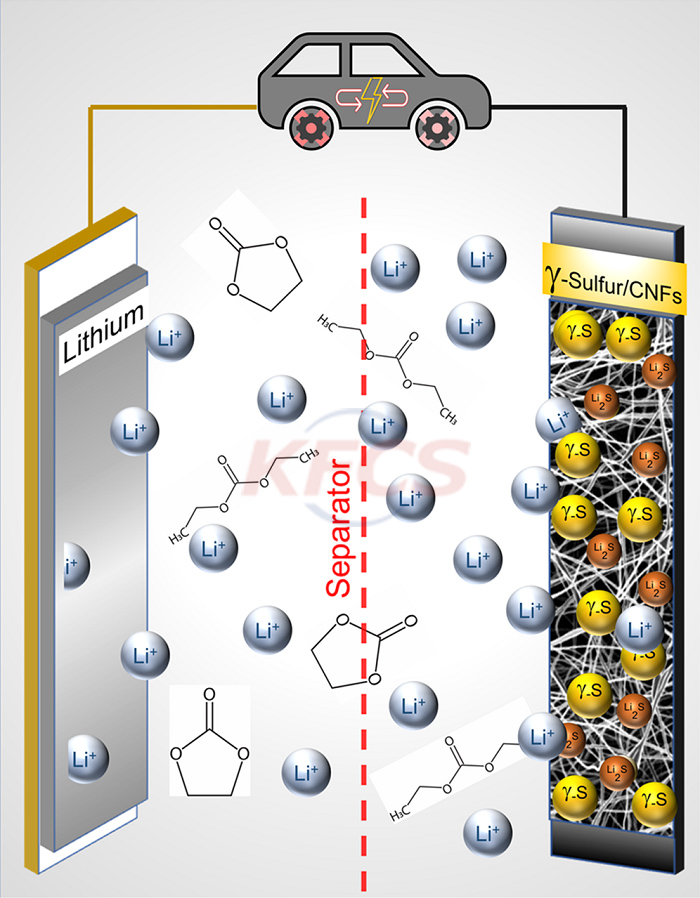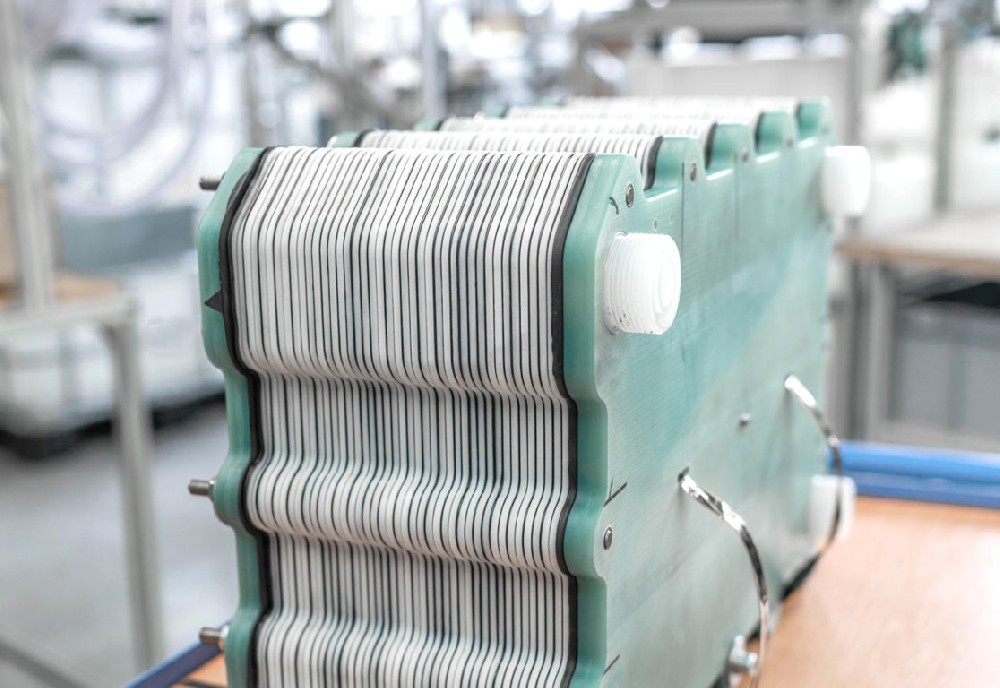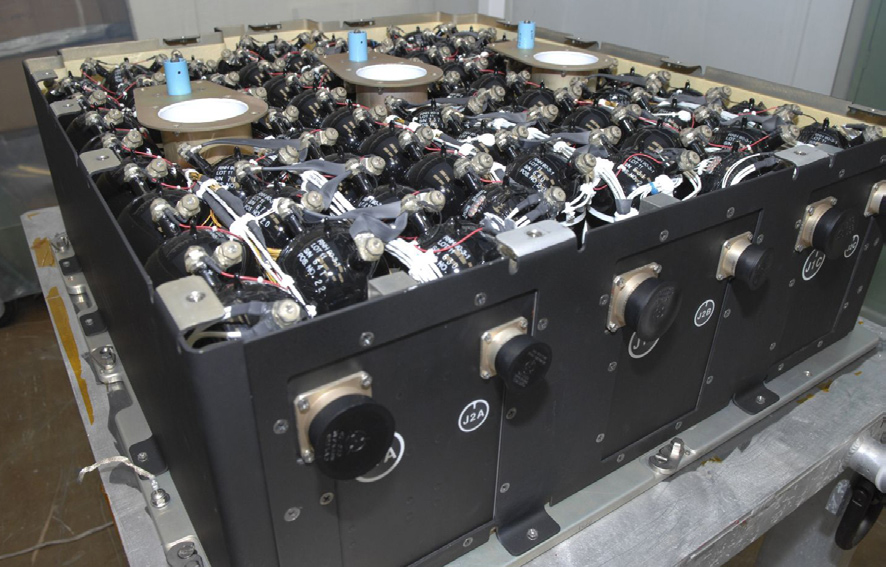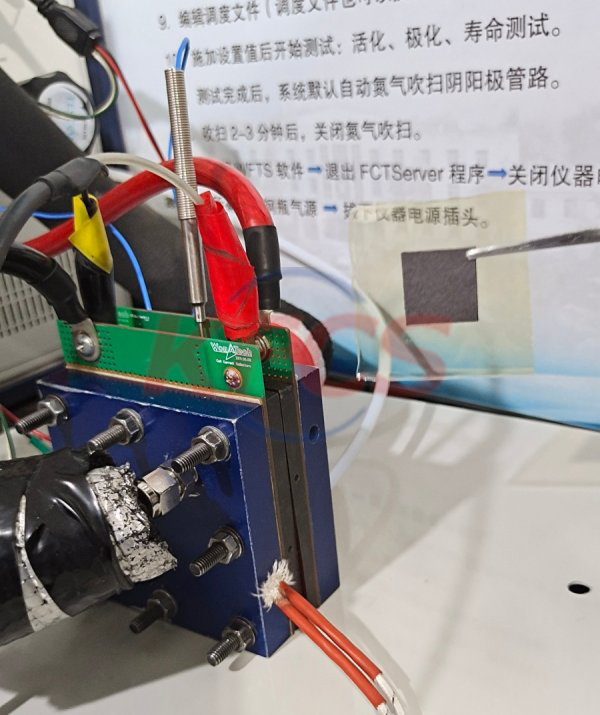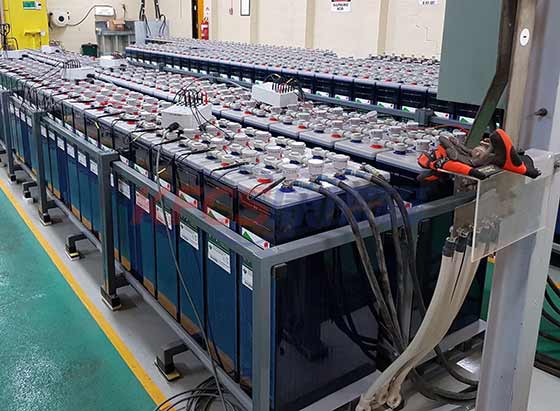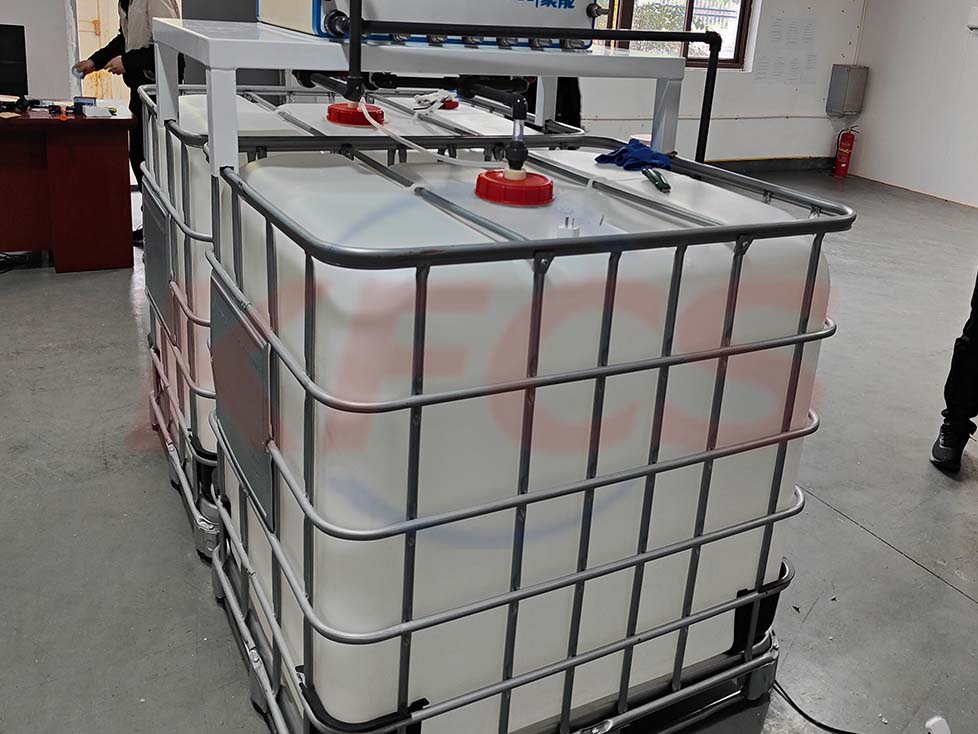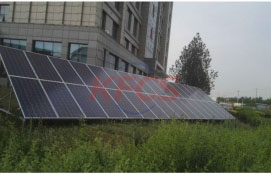Quantum Batteries: The Energy Storage Technology of the Future
Quantum Batteries: The Energy Storage Technology of the Future
Researchers from the University of Adelaide report that they have demonstrated the basic concept of a quantum battery.
Quantum batteries, like quantum computing based on the behavior of matter at the subatomic level, hold revolutionary potential and hold the promise of compact and powerful energy storage media.
The current challenge is how to achieve this in reality, which has so far been only a theoretical concept that energy is stored in the form of photons or electrons absorbed.
Now, a report by researchers at the University of Adelaide and collaborators in the UK has demonstrated the concept of 'superabsorption', which is believed to be the key to quantum batteries.
In fact, superabsorption is a process by which the rate of absorption of photons increases with the number of absorbers, due to a "cooperative" property known as quantum superposition.
The study leader, Dr James Q. Quach from the University of Adelaide's School of Physical Sciences, Institute of Photonics and Advanced Sensing, said:
"Quantum batteries use the principles of quantum mechanics to enhance their performance, and the larger the battery, the shorter the charging time."
"Theoretically, the charging power of quantum batteries could grow faster than the size of the battery, which could lead to new ways to speed up charging."
To demonstrate the concept of superabsorption, the team built wafer-like microcavities of different sizes containing varying numbers of organic molecules that were charged with a laser.
Using femtosecond resolution optical microscopy to observe the ultrafast process, they were able to observe charging dynamics, with the charging time decreasing as the microcavity size and number of molecules increased.
They also found that fine-tuning of system characteristics—technically, "de-powering"—was needed to stabilize and slow discharge after fast charging, allowing stored energy to be retained until it can be used.
Quantum batteries are expected to have a major impact on energy capture and storage in renewable energy sources, and have other applications in quantum computers and miniature electronic devices.
A battery that can simultaneously collect and store light energy would greatly reduce costs, while reducing the energy unpredictability that solar technology produces, the researchers say.
As a next step, the researchers intend to develop a fully functional quantum battery prototype.

